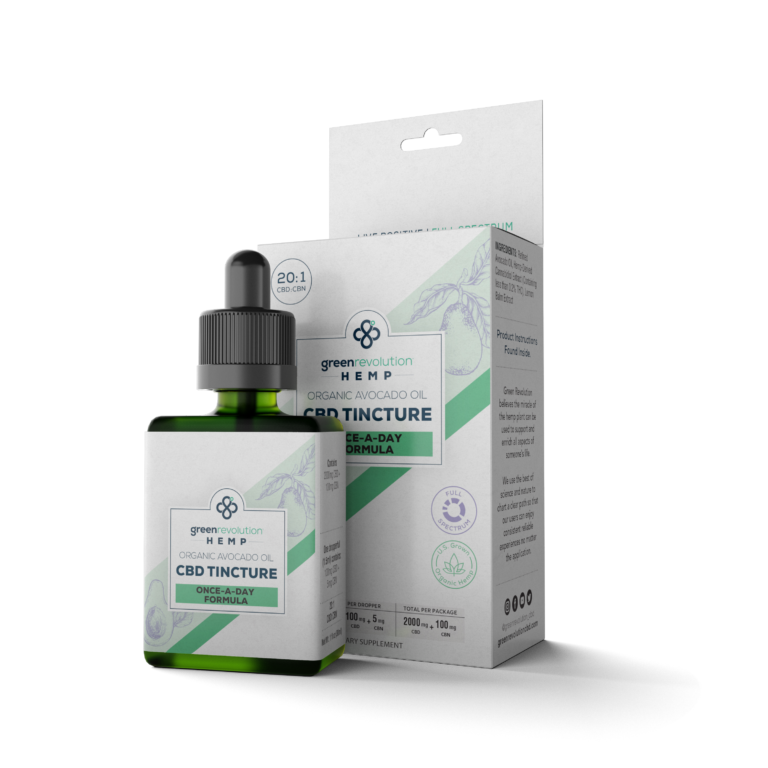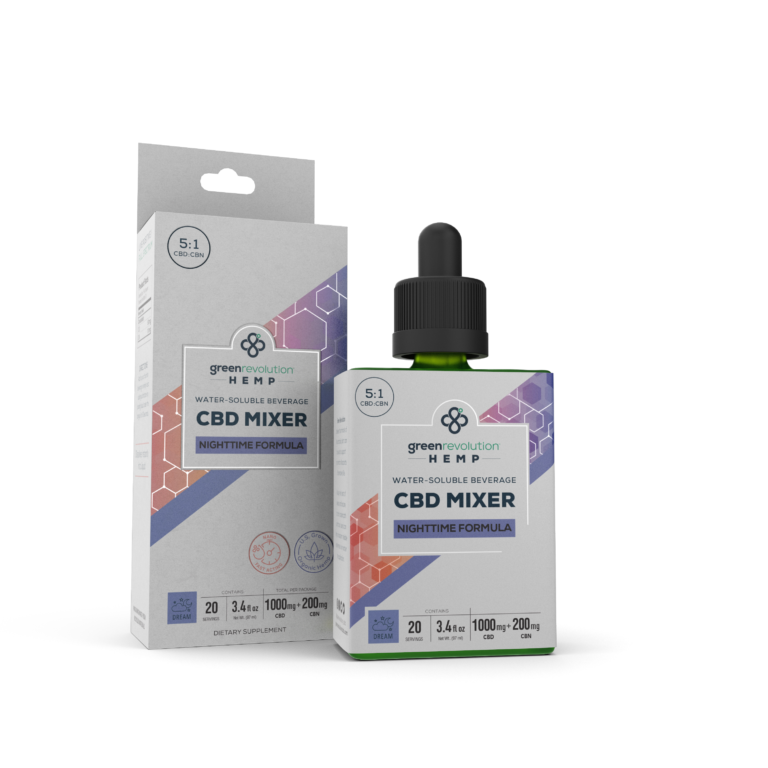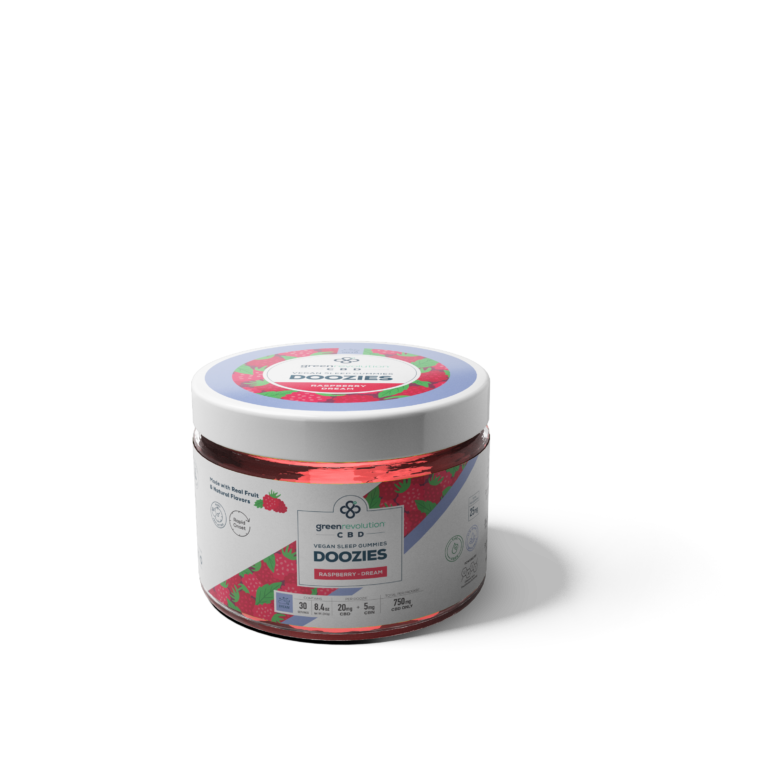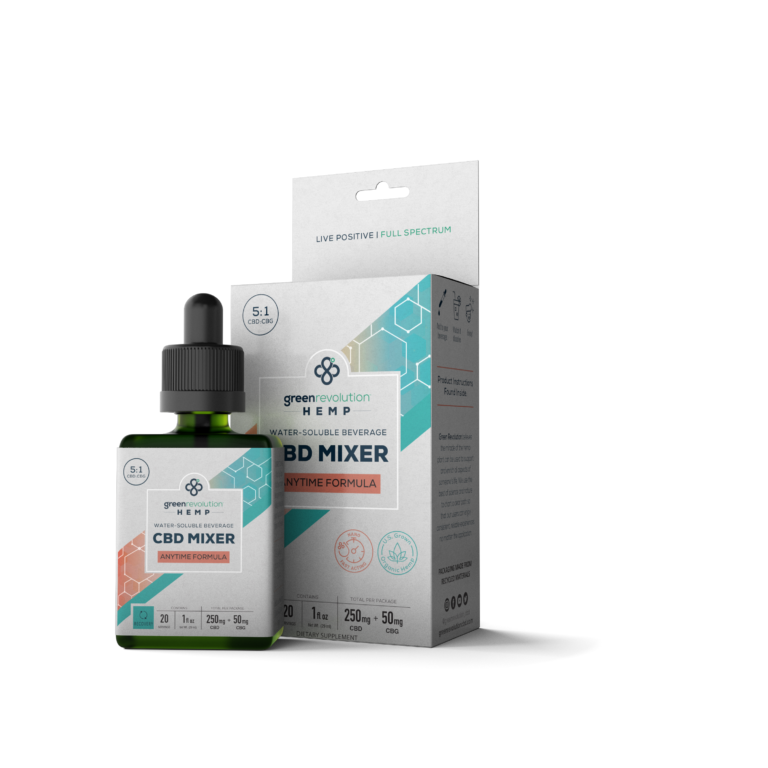10 Tips on How to Choose CBD Oil for Maximum Benefits
10 Tips on How to Choose CBD Oil for Maximum Benefits
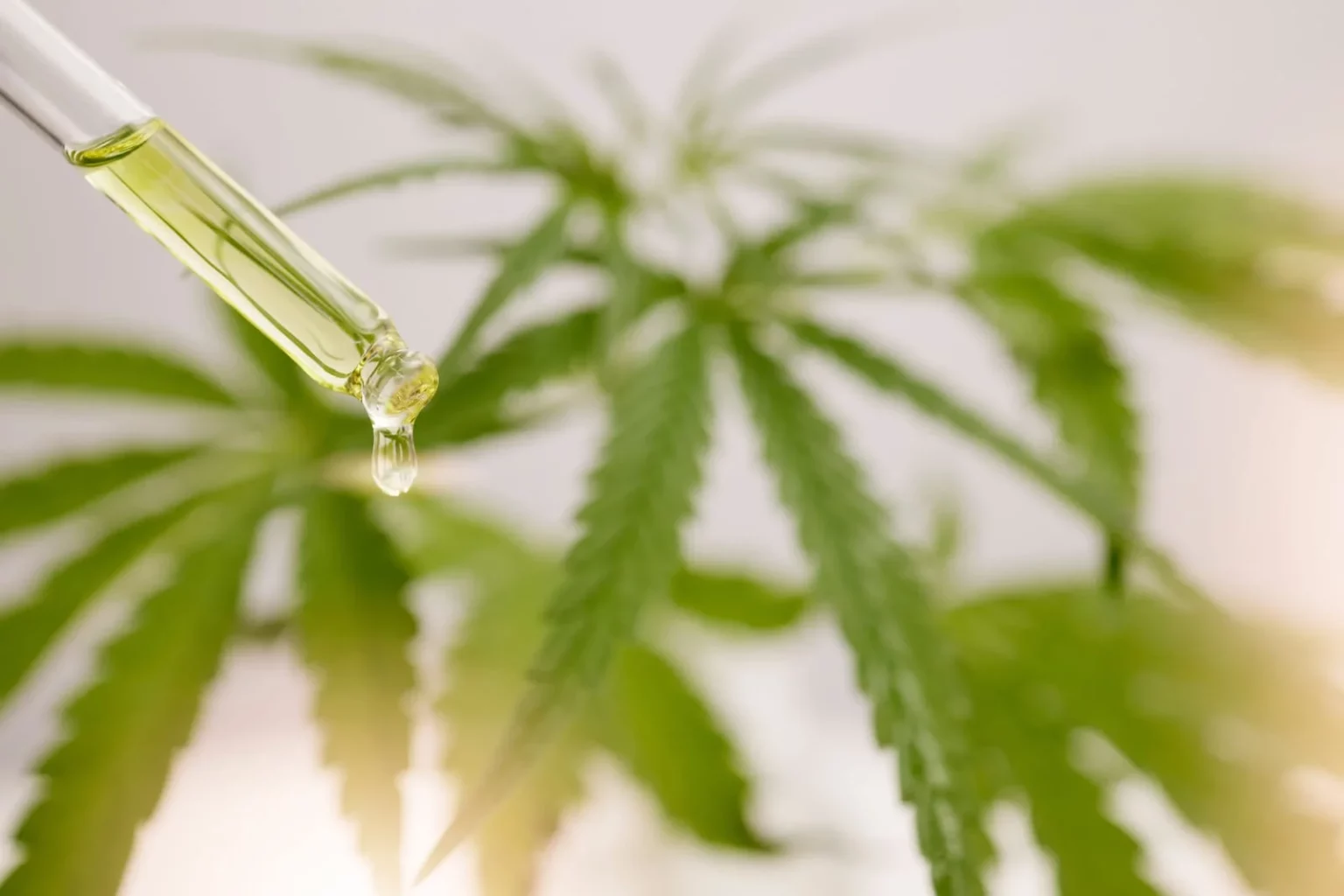
Knowing how to choose CBD oil for maximum benefit can mean the difference between a product that works for you and one that doesn’t. This article will serve as a comprehensive guide on choosing the right CBD oil to get maximum benefits that fit your individual needs and preferences.
Growing Popularity of CBD
CBD oil and related CBD products have grown in popularity over the last several years as more states openly allow its legal use. CBD oil is derived from the plant, separating the oils from the plant material the same way coconut oil, lavender oil, or peppermint oil is made. There are many products available that use CBD like:
- Food
- Drinks
- Bath salts
- Dietary supplements
- Tinctures
- Lotions
Each of these can provide several health benefits:
- Pain relief
Firstly, studies have found use of the right CBD oil can reduce chronic or acute pain, particularly inflammation.
- Mental health aid
Other research indicates CBD can alleviate symptoms of certain mental health disorders like:
- PTSD
- Anxiety
- Depression
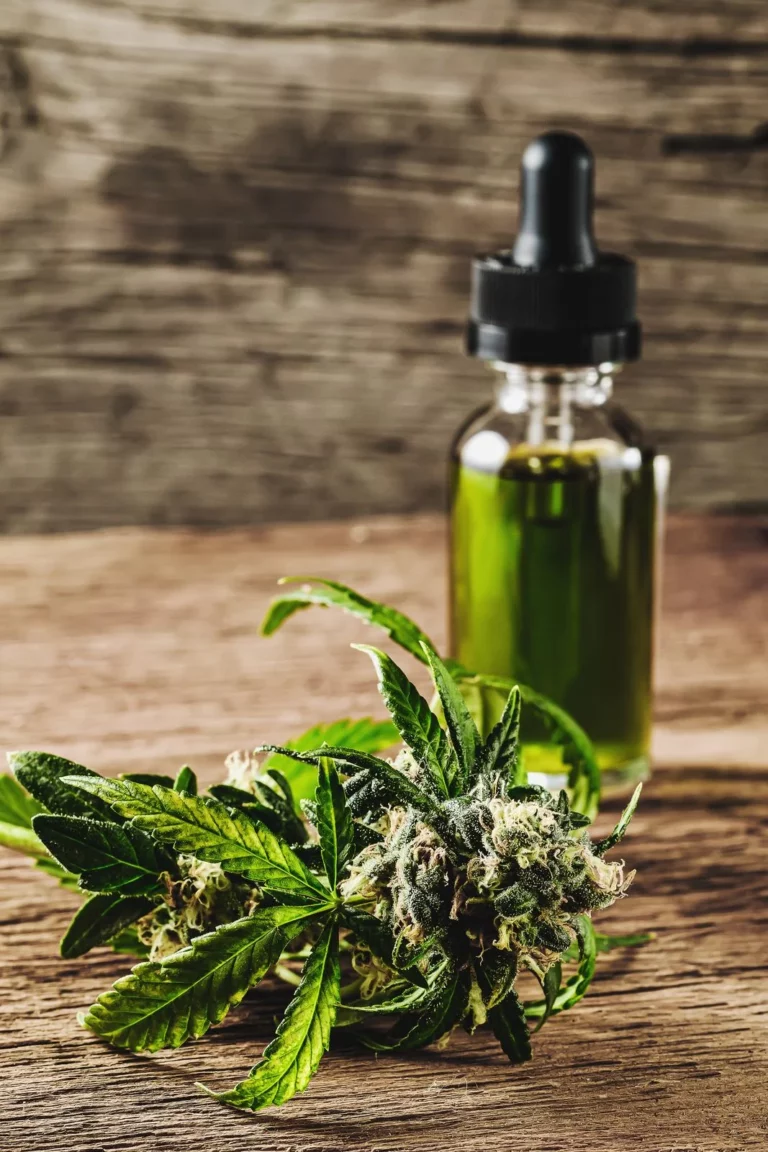
Tip 1: Understand Why You Want to Use CBD Oil
Knowing how to choose CBD oil starts with understanding why you want to use it.
- Do you suffer from arthritis and you want temporary pain management? In that case, you’ll want CBD oil infused in products like lotion that you can apply directly to the affected area.
- Do you want something to call your nerves when you feel anxious? You might want an oil-based tincture that you can drop on your tongue to help provide relief.
Some people want to use CBD oil to calm down, to deal with chronic pain, to help with sore muscles every once in a while, and a variety of other reasons. Knowing why you want to use it will help you figure out which product will provide the relief you want.
Tip 2: Check the Source of the Hemp
Knowing what to look for when buying CBD oil also includes checking the source. Products derived from hemp like CBD could contain contaminants or pesticides if you don’t know where they are grown or how they are cared for during the manufacturing process.
Another consideration is that CBD oil comes from:
- Leaves
- Stalks
- Flowers
But if you see a product derived from the seeds of the same plant, it’s actually hemp seed oil and not CBD oil and won’t contain the same compounds.
For example, with cannabis sativa, the seeds don’t have any CBD. They can still provide several health benefits because of the rich profile of bioactive compounds, fatty acids, and other nutrients.
However, you don’t want to accidentally purchase hemp oil that comes from the seeds when you really want cannabidiols that come from the flowers.
Tip 3: Examine the Extraction Method
With CBD oil, how to choose the right product also requires an understanding of the extraction method.
- Carbon dioxide
Carbon dioxide extraction is the most common method, and it provides high concentrations of CBD using carbon dioxide to separate the oil from the plant pieces.
- Steam distillation
Steam distillation is another popular method but is slightly less effective compared to carbon dioxide. It relies on steam power to separate oil from the plant pieces.
- Solvent
Solvent separation uses solvents to do the same thing. This is not as popular because it can leave behind solvent residue on the CBD and change the flavor of what gets extracted, so there are some health risks.
- Lipid
This process uses lipids or fats to separate oils as an alternative to solvent extraction, but it’s not very popular yet.
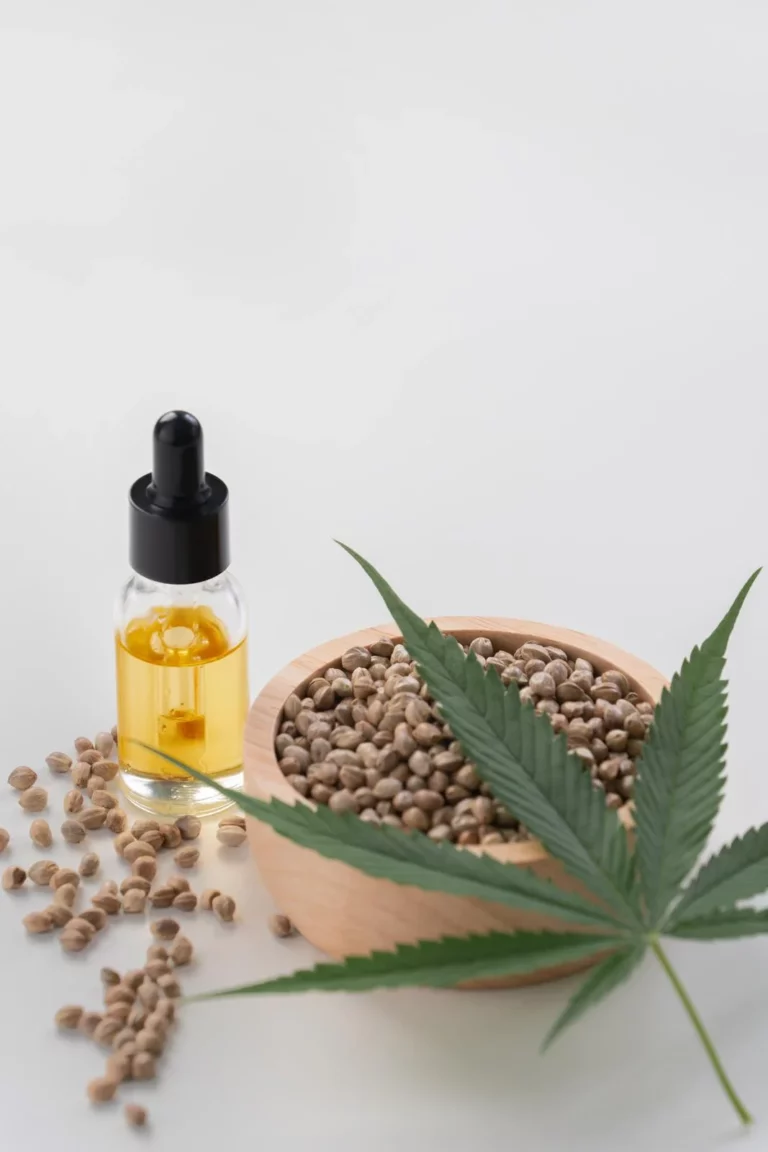
Tip 4: Look for Full Spectrum or Broad Spectrum Options
With CBD oil, how to choose a good fit means considering full or broad spectrum options, two of the three main forms.
After the extraction method, the pure CBD oil that is sourced from hemp has a THC concentration of 0.3%, but the manufacturing process isn’t over. The oil that is extracted has to be cooled and purified before it can be converted into the isolate or crystals that are used in CBD oil and other products.
Full spectrum
Full spectrum options are those that contain naturally occurring extracts such as:
- Terpenes
- Up to 0.3% THC
- Other cannabinoids
Broad spectrum
Broad spectrum options are those that contain several cannabis compounds but don’t have any THC.
Tip 5: Check for Third-Party Lab Testing
Before buying an oil, check for third-party lab testing. Any company willing to pay for third-party, independent lab testing is well worth consideration because this testing can ensure they are using the right type of extraction method, the right hemp plant, and that the cannabinoids or THC levels listed on the ingredient list are accurate.
Tip 6: Understand CBD Potency and Concentration
The best guide to buying CBD oil is going to be the potency in the concentration. Any CBD product can be used in such a way as to fit your personal preference.
- Someone with sore muscles might want topical CBD products or CBD products they can add to a bath with Epsom salt.
- People who want something they can take throughout the day might choose gummies or tinctures that they can consume whenever they need them.
However, you need to understand the CBD potency and concentration in your chosen product. This information should be listed on any label, so before you purchase something, review that label and make sure you know if it’s a broad spectrum or full spectrum because this can influence what cannabinoids are in your product and how potent they are.
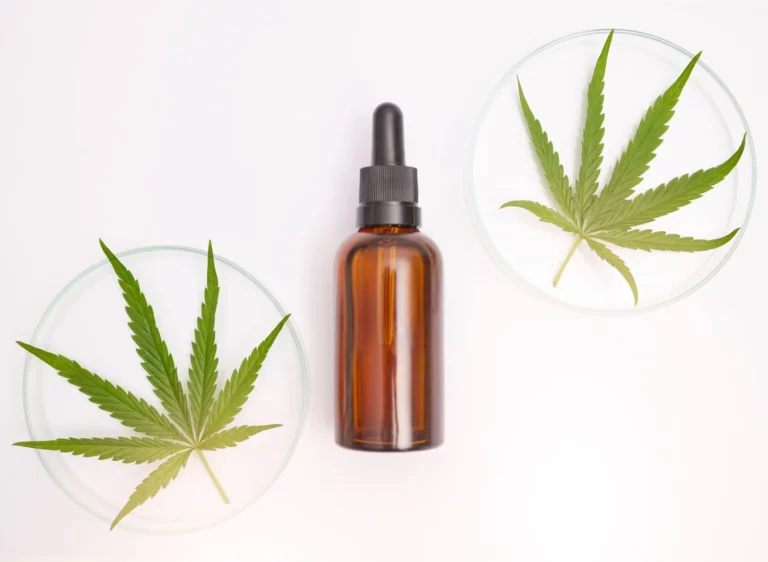
Tip 7: Consider the Carrier Oil
When manufactured into products, plant oils use carrier oil, which literally carries the CBD to your skin or throughout your body. With topical products, the carrier oil could be something like:
- Vegetable oil
- Avocado oil
- Coconut oil
You need to pay attention to this for health reasons in case you have an allergy to a particular oil or in case you don’t want to, for example, slather your body with vegetable oil when you could choose something healthier like coconut oil. This is also true for products that you ingest.
Tip 8: Pay Attention to the Price and Value
Pay attention to the value and the price. Something might be very cheap because it is low in value, with very few cannabinoids, or with a fast expiration date. Water soluble CBD, for example, expires much faster than CBD oil, so it’s not necessarily a better value and costs more.
Tip 9: Read Customer Reviews and Testimonials
Before buying any product, be sure to read reviews and testimonials. See if people with similar conditions or seeking relief have found it in these products.
Tip 10: Consult with a Healthcare Professional
Your best guide to buying CBD oil the right way is your healthcare professional. You should always consult with your primary care physician, who can guide you on which products might best suit your medical needs.
Someone trying to manage symptoms of a neurodegenerative disorder might need a different product than someone managing chronic pain because of cancer treatment.
Summing Up
Knowing how to choose CBD oil comes down to several factors. You need to understand why you use oil to pick the right product. You need to check the source, examine how it was extracted, look for your options, investigate third-party testing, understand the potency of the product you choose, and verify with your healthcare professional while paying attention to price, value, reviews, and carrier oil.
Using all of these tips will help you determine what to look for when buying CBD oil to get the maximum benefit from your product. CBD oil is a highly effective natural wellness option if you use the right product correctly.


